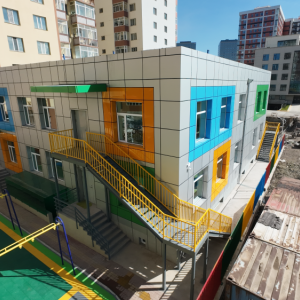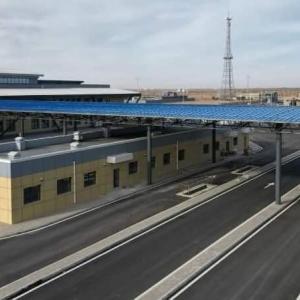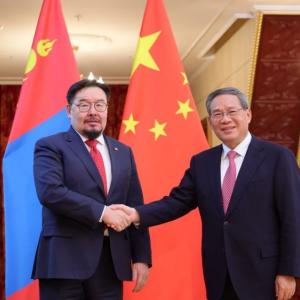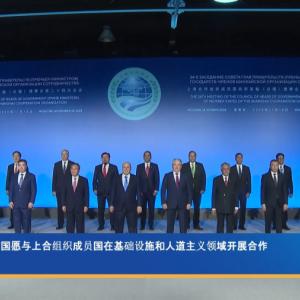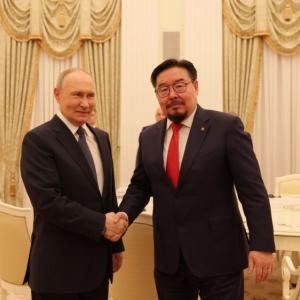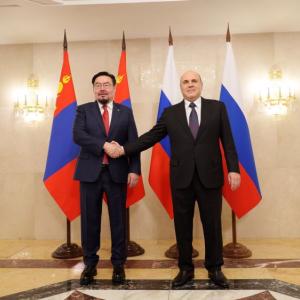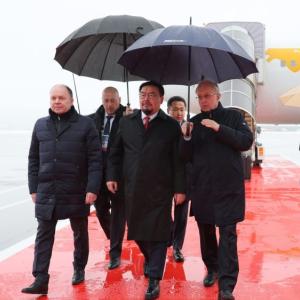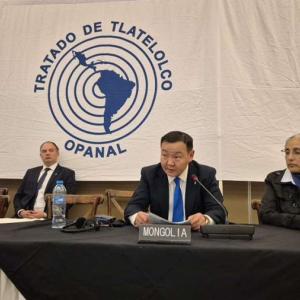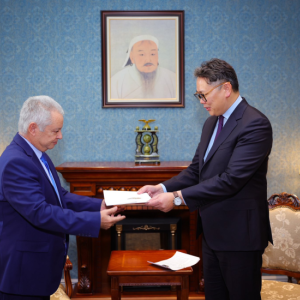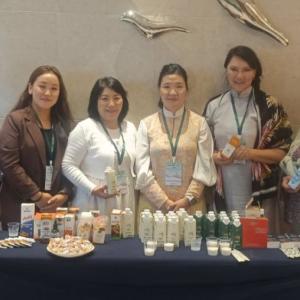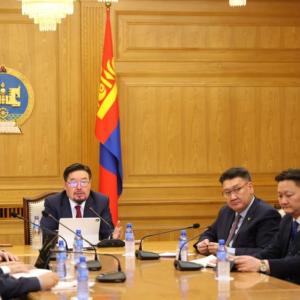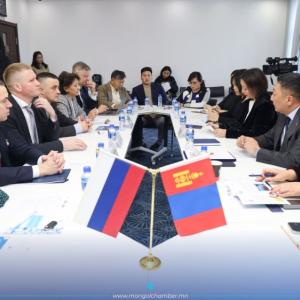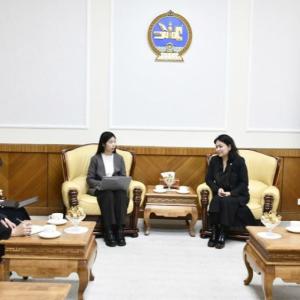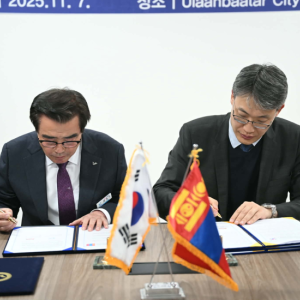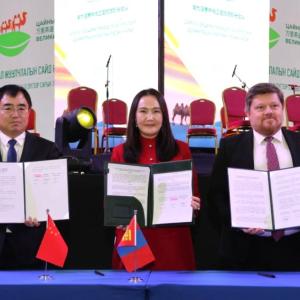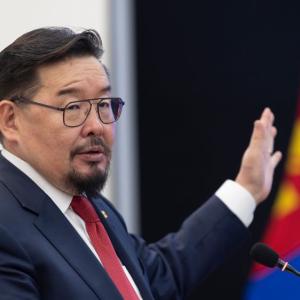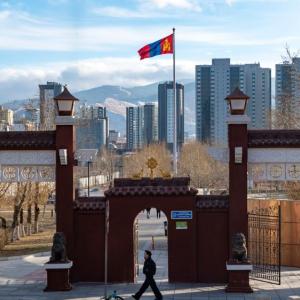Global Human Security Expert Holds Lecture at National University of Mongolia
Society
Ulaanbaatar, November 18, 2025 /MONTSAME/. Renowned global studies scholar Professor Mine Yoichi delivered a lecture “Human Security and Mongolia” at the National University of Mongolia (NUM) on November 14, 2025, as part of the JICA Chair Program’s Japanese Modernization and Development Study course.
The event opened with remarks from Ochirkhuyag Bayanjargal, Rector of NUM, and Kondo Kazumasa, Deputy Head of Mission at the Embassy of Japan. The session, moderated by Battulga Sukhee, Professor of Asian Studies at NUM, brought together JICA representatives, experts, and university students.
In his lecture, Professor Mine commended Mongolia for incorporating the concept of human security into its National Security Concept – a step Japan itself has not formally taken. He emphasized that national security is unattainable without safeguarding individual security and outlined three essential principles: inclusivity, ensuring no one is left behind; resilience, strengthening the ability of people and communities to recover from disruption; and solidarity, fostering collective responsibility in addressing shared threats.
Professor Mine placed Mongolia’s efforts within the broader evolution of the human security concept. First introduced in the 1994 UNDP Human Development Report, human security expanded the idea of security beyond military threats, identifying seven dimensions: economic, food, health, environmental, personal, community, and political security. The approach gained further definition with the establishment of the Commission on Human Security in 2001, co-chaired by Sadako Ogata, former UN High Commissioner for Refugees, and economist Amartya Sen. Their 2003 report, Human Security Now, shifted the focus toward practical measures that protect individuals and empower them to lead dignified lives amid global change.
Professor Mine also highlighted the enduring legacy of Madam Ogata, whose work firmly embedded human security within Japan’s development cooperation policy. Her influence continues through the JICA Ogata Sadako Research Institute for Peace and Development, where human security remains central to JICA’s assistance and Grassroots programs, including those in Mongolia.
A leading voice in the field, Professor Mine currently serves as Visiting Professor at Ritsumeikan University’s Graduate School of International Relations, Director of the JICA Ogata Sadako Research Institute, and President of the Human Security Forum. His decades of work have earned international recognition for advancing people-centered development and human security policy.

 Ulaanbaatar
Ulaanbaatar









